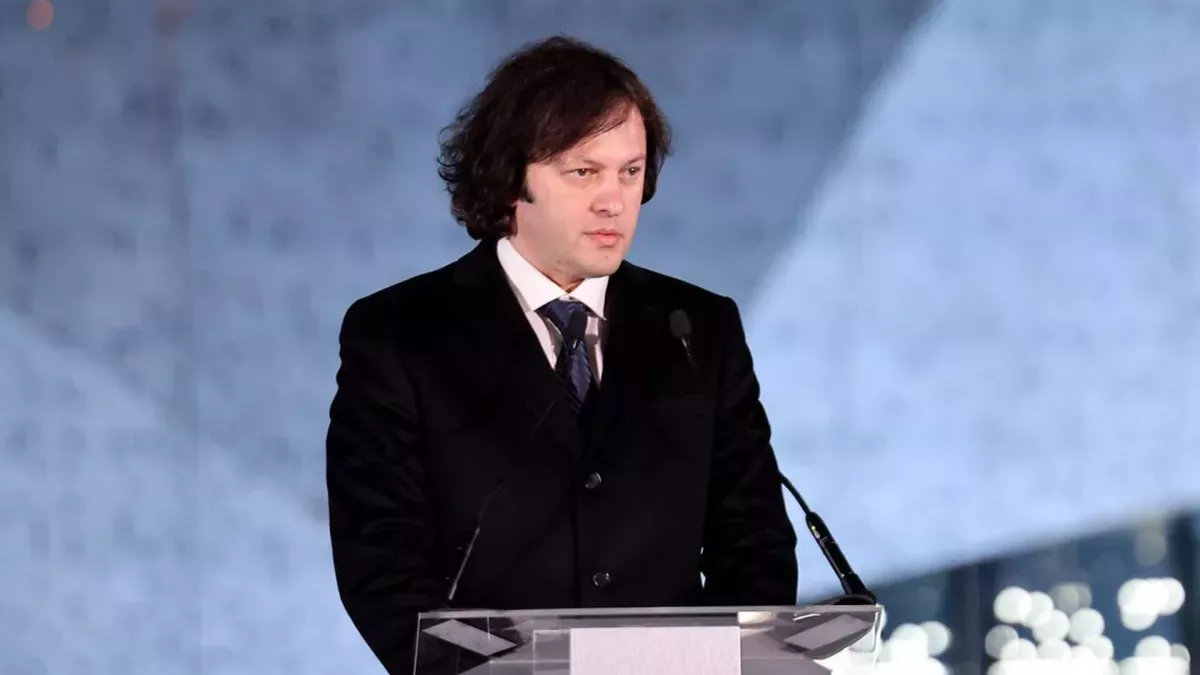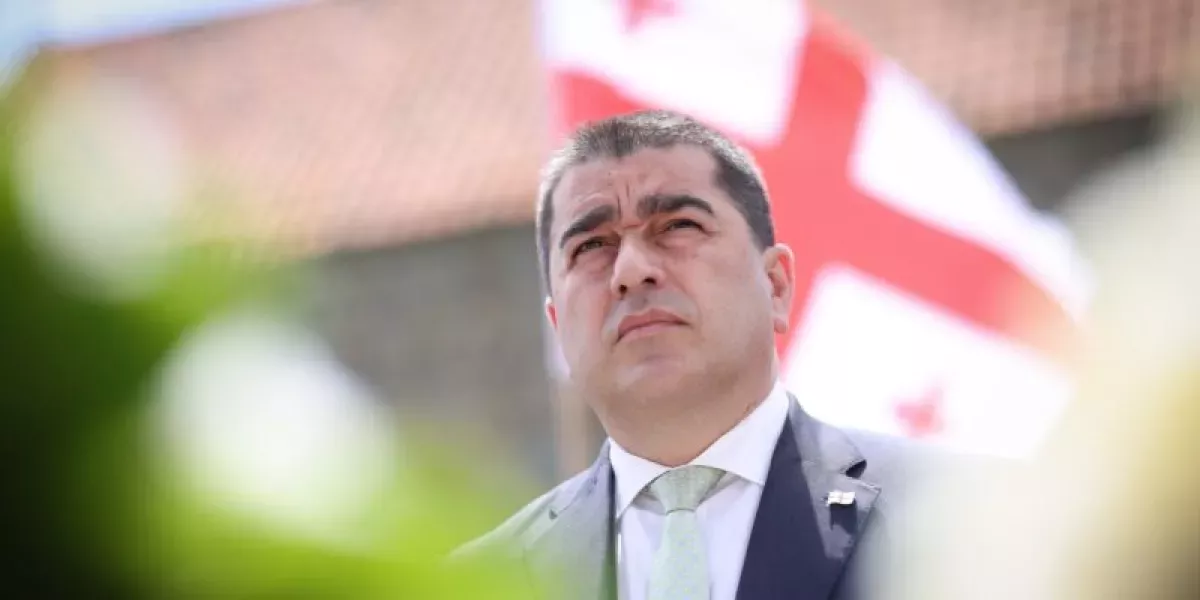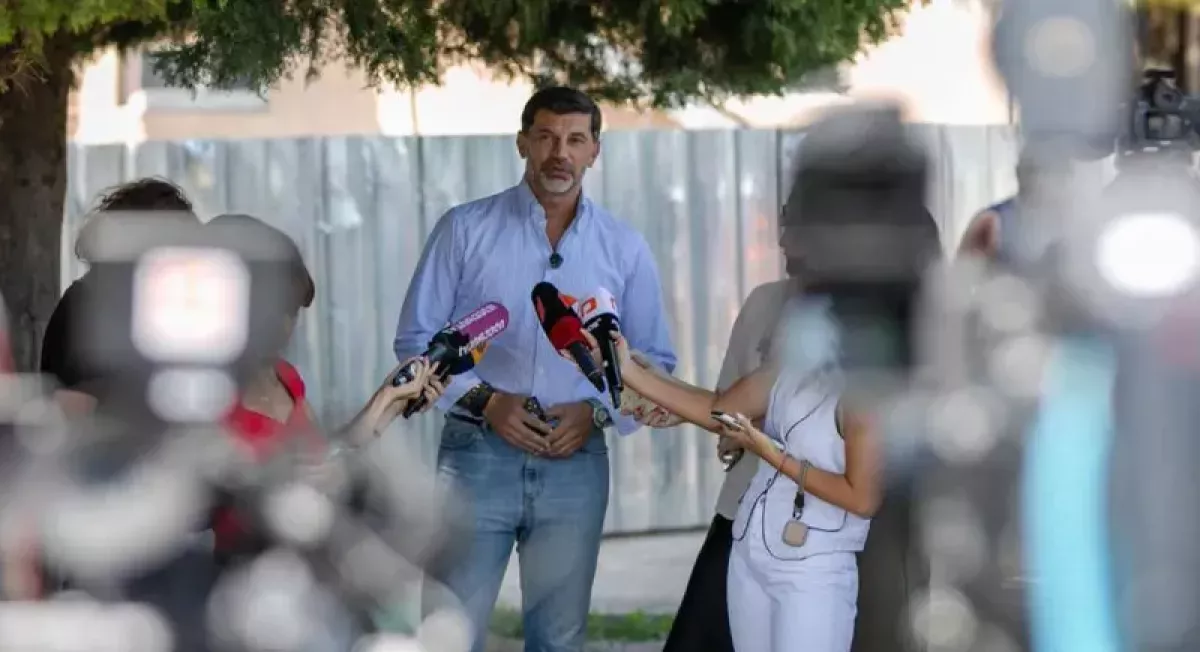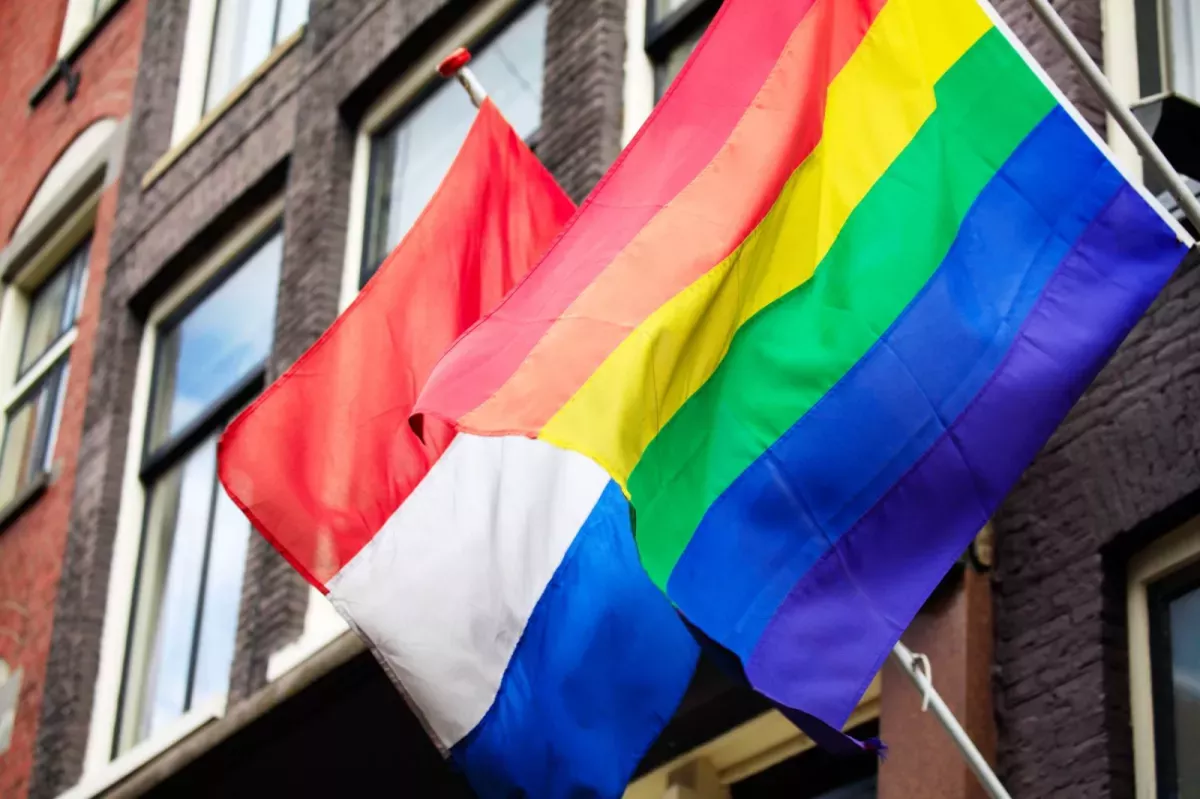Georgia’s pragmatic stand amid European political cynicism
The attempts by European capitals such as Brussels, Paris, and others to incite unrest in Georgia had one main objective: to open a “second front” in the Russia-Ukraine war.
Georgian Prime Minister Irakli Kobakhidze has openly claimed that the EU began pressuring and blackmailing Georgia after it declined to get involved in the conflict against Russia.

“In 2022, we refused to join the war, and unprecedented blackmail began thereafter. First, they didn’t grant us EU candidate status without any justification, then they repeatedly acknowledged that Georgia is the most advanced among all candidate countries,” Kobakhidze noted.
The latest statements from the EU show that Brussels’ cynicism toward Georgia knows no bounds. A statement from the EU delegation says that Georgia’s path to EU membership represents a step toward a safer and more secure future, joining a historic project of peace.
“The European Union was created in the 1950s to rebuild a continent devastated by war. Today, it is the most peaceful region in the world, where former rivals collaborate to achieve prosperity. For more than 70 years, there has been no war within the EU — a historic achievement in establishing lasting peace. Georgia’s path toward EU membership is a path toward becoming part of this historic peace project,” the EU Delegation said in a statement.
Thus, Brussels, which had been pushing Tbilisi for almost three and a half years toward war and opening a "second front," is now trying to lure Georgia into its "geopolitical trap" with promises of "peace."
But in reality, this so-called peace—if it means submitting to the EU’s demands and chasing membership “at any cost”—could lead Georgia down the same path as Ukraine: war, destruction, loss of life, and territorial losses.
Today, despite the mediation efforts of US President Donald Trump, the discussion is not about a complete peace between Russia and Ukraine, but rather about a "freeze" of the war. According to many military analysts, the conflict could be "thawed" after some time and escalated into a larger pan-European war. The EU countries are actively preparing for this, especially Poland and the Baltic states. These are the very ones who loudly lecture Georgia on "democracy" while simultaneously attacking its authorities for refusing to join the anti-Russian military hysteria.
In this new war, the European Union is once again trying to pull Georgia in under the guise of “opening a second front,” enticing it into a risky geopolitical gamble with empty promises of “peace.” Unfortunately, true peace may be far from Europe’s reach anytime soon—especially with the current direction of the EU leadership.
Georgia was pressured to join the war under the claim of restoring its territorial integrity. However, it’s now clear that Ukraine is unlikely to reclaim its territory through military means and may even risk losing more land. This reality is acknowledged by European politicians themselves, who are increasingly urging Kyiv to accept territorial losses in the name of achieving peace. French President Emmanuel Macron recently expressed this viewpoint openly.

The Speaker of the Georgian Parliament, Shalva Papuashvili, commented on the French leader’s statement:
“On this banner above is today’s statement by French President Emmanuel Macron, where he sees the way out of the Ukraine-Russia war in Ukraine’s concession of its own territories. Below is the French Ambassador’s farewell party, where the ambassador poses with those Georgian citizens funded from abroad who have been trying for three years to drag Georgia into the Ukraine-Russia confrontation. We must know that sometimes when they speak about values, they mean not worth but price.”
Both Ukraine and Georgia were promised—and continue to be promised—EU membership. However, there has been little real progress toward that goal. Meanwhile, the cost Kyiv has paid for these “European promises” has been staggering, and it’s uncertain how much more will be demanded for the mere ghost of the membership.
European politicians not only entice Georgia with promises of “peace” but also threaten “punishments.” The most significant of these today is the possible cancellation of the visa-free regime. To preserve it, Brussels demands complete submission to external dictates, a rejection of traditional values, and the promotion of the LGBT agenda.
Georgian politicians have repeatedly pointed out the hypocrisy of Western statements. The Secretary-General of the leading Georgian Dream party and Mayor of Tbilisi, Kakha Kaladze, recently emphasised that no matter how “well-meaning” the words of Western institutions may sound, in reality, they are “a big lie” — an attempt to punish the Georgian people.

“It is absolutely unclear what relation these two laws — about family values and foreign agents — have to the visa regime. This is simply an attempt to punish the Georgian people. Don’t think they have any good interests regarding Georgia. The statements we hear are absolutely all false. As if they’ve gone crazy over Georgia and care about the Georgian people. Don’t believe it, friends. This is a very big lie, a falsehood. If they were truly real friends, they wouldn’t call on the country to join sanctions, wouldn’t pass resolutions about this, and there wouldn’t be blackmail of the Prime Minister and party chairman in offices regarding opening a second front… they have their own interests, but we have sense,” Kakha Kaladze declared.
According to him, Georgia should not allow itself to be used "in the interests of big countries." As an example, he mentioned Ukraine, where, as Kaladze stated, a "complete catastrophe" is happening. Therefore, the pragmatic policy pursued by the "Georgian Dream" should be continued.
“Look at what’s happening in Ukraine—a complete catastrophe, a total tragedy. Therefore, the pragmatic policy pursued by ‘Georgian Dream’ must continue,” Kaladze finalised.
Another example of “European punishments” for the Georgian government’s defiance comes from the Netherlands: their embassy announced a temporary suspension of Georgian participation in the MATRA program, citing the “worsening situation in the country and concerns about the government’s actions.”
MATRA is a program by the Dutch Ministry of Foreign Affairs, established in 1993 to support democratic reforms and strengthen the rule of law in Eastern European countries. Over the years, about 200 officials and civil servants from Georgia have participated in it. Officially, the program aimed to “strengthen institutions,” but in reality, these same institutions are now being undermined through support for protests and unrest.

Moreover, a natural question arises: does the country really need “help” when it comes with the imposition of an LGBT agenda, which the Netherlands actively promotes by displaying rainbow flags alongside national ones?
Most likely, Georgian statehood can manage perfectly well without the educational “support” of the Dutch embassy, which is focused on promoting LGBT themes.
Vladimir Tskhvediani, Georgia, exclusively for Caliber.Az








